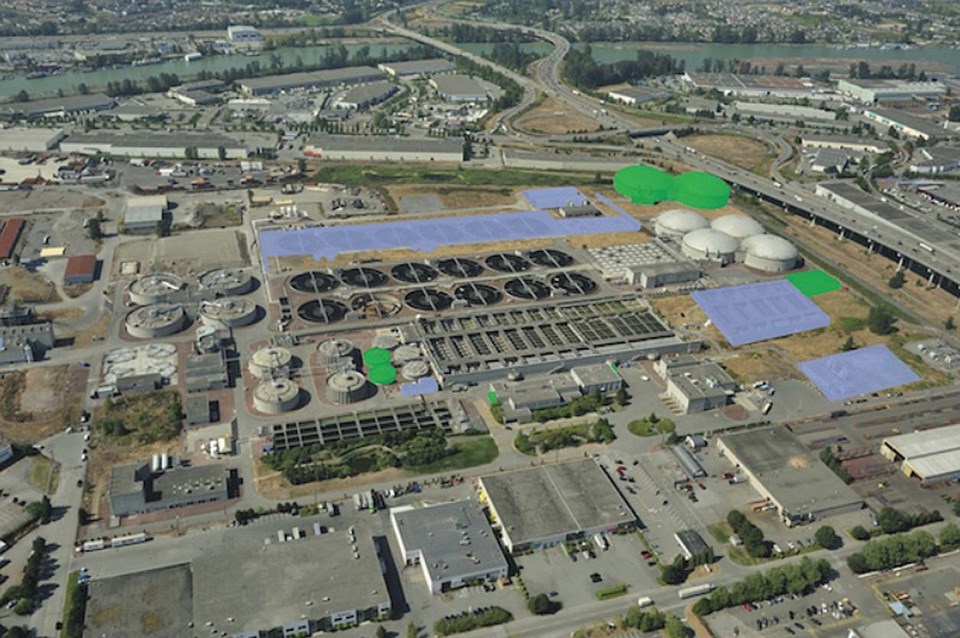It could mean a little less of a hit on the wallets of Delta taxpayers, maybe.
Metro Vancouver is hoping the province will finally allow the regional district to implement development cost charges (DCC) to raise money for the district’s function, including costly capital projects that are currently funded primarily through taxpayers’ annual utility bills. Those costs are projected to go way up.
A Metro update report to the City of Delta notes regional district staff have been working with the province to move forward legislative changes to allow the Greater Vancouver Water District to collect DCCs under the Local Government Act.
With growth projects comprising 54 per cent of the long-term water capital program, getting a growth driven revenue stream in place as soon as possible is critical, the report notes, adding that the work to date has included initial engagement, industry capacity analysis and rate modelling resulting in a set of draft DCC rates in principle for consultation.
After further stakeholder input, a finalized DCC program is to be brought to the Metro board and province for approval.
The 2022 Metro Vancouver regional water and sewer costs increases are 4.9 per cent and 3.2 per cent, respectively, resulting in a $24 increase to the regional portion of Delta’s flat rate utility bill. An additional $10 increase covers Delta costs.
According to a report by the engineering department last year, Metro’s projected rate increases for water will be 6.4 per cent in 2023, 8.9 per cent in 2024 and 10.8 per cent in 2025.
Metro’s projected rate increase for the Fraser Sewage Area Levy is 12.8 per cent for 2023, 12.3 per cent in 2024 and 18.5 per cent in 2025.
In a presentation to Delta council last summer, Metro officials explained various regional utility initiatives, offering assurances residents are getting good value for their money.
The presentation came about following council raising serious concerns about the steadily rising water and sewage rates, promoting a request for more information.
Jerry Dobrovolny, CAO of Metro Vancouver, and Dean Rear, CFO/GM of Financial Services, explained in last summer's presentation that Metro’s water and sewer infrastructure improvements are guided by a series of high-level strategic plans approved by the Metro board.
The board wanted more input during the budgeting process and also conveyed a desire for short-term relief measures for households to reduce costs, said Dobrovolny, adding a fundamental part of the budget process is finding savings where available.
He noted that while hundreds of million of dollars in capital projects were deferred and more savings would be sought, there’s been a “bunching up” of various delayed projects that need to get underway.
Driving costs is the increased population growth in the region as well as a need to upgrade aging infrastructure including seismic improvements, he said.
Dobrovolny noted a major challenge is that Metro can’t apply development cost charges and Metro was “desperately hoping” the province will approve it for the water utility this year.
Current property owners are having to subsidize all the new regional growth, he added.
“We know there’s strong support in the region for growth to pay for the growth,” he said.
Dobrovolny, noting the region is projecting growth on average of about 35,000 residents until 2050, said the challenge will always be how to pay for that growth without impacting people’s quality of life.
“Our existing residents are subsidizing about 40 per cent of our capital because it’s driven by growth and we’ve got no mechanism to pass on those costs,” he said.




